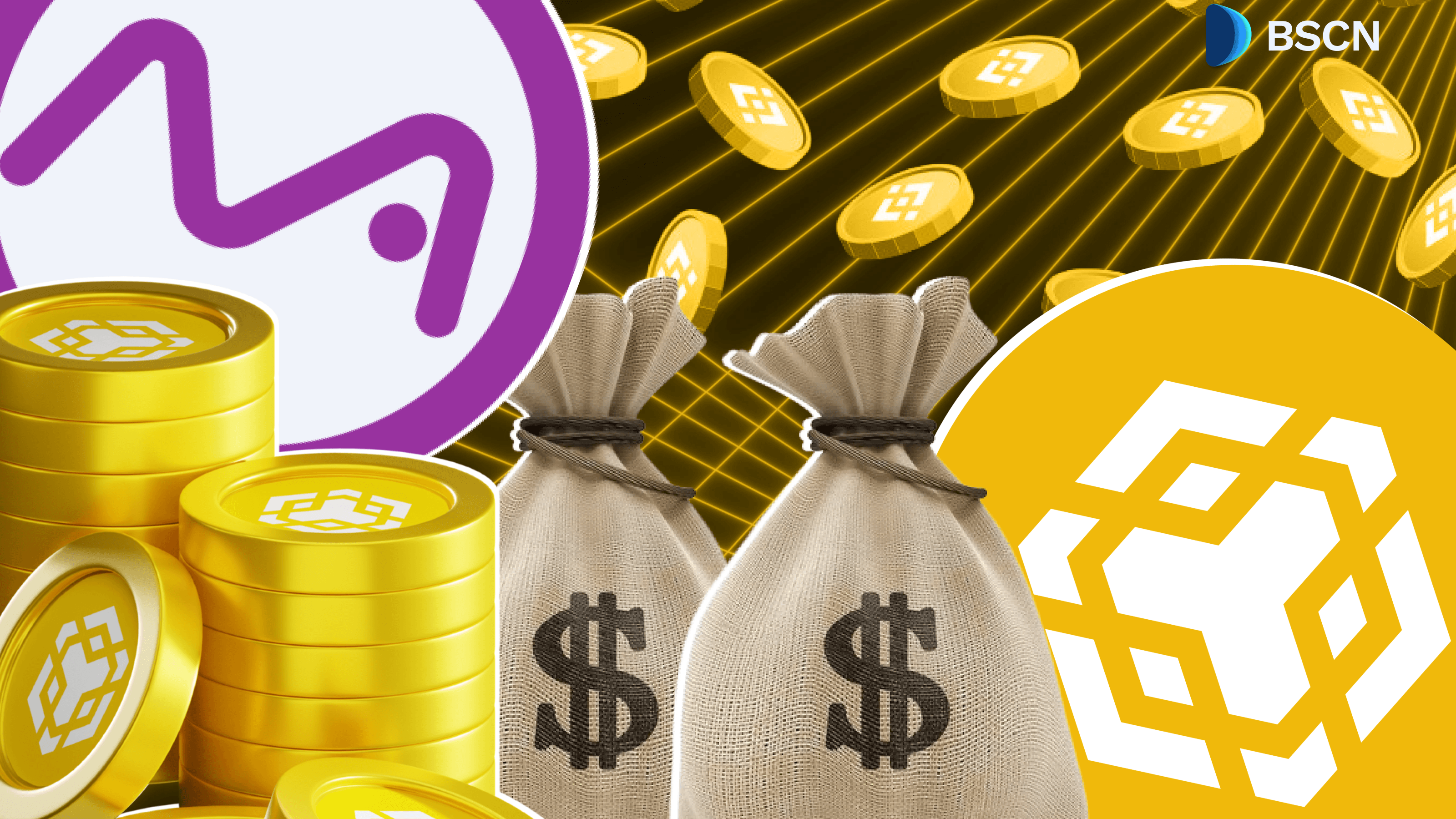WEB3
Australia’s Big Banks Block Crypto Payments Amid Rising Crypto Popularity

Despite the ban on payments, HSBC will still allow customers to receive funds from crypto exchanges into their account
BSCN
July 25, 2024
HSBC Australia has announced a decision to block customer payments to cryptocurrency exchanges starting July 24, 2024. This move, aimed at protecting customers from increasing investment scams, has stirred significant discussion within the crypto community and beyond.
HSBC’s move follows similar decisions by Australia’s "Big Four" banks: Commonwealth Bank, National Australia Bank, Westpac, and Australia and New Zealand Banking Group. These banks cited concerns about scams and other risks associated with crypto trading as primary reasons for restricting access to these platforms.
Why the Change?
In an email sent to customers, HSBC Australia highlighted that the change is to protect customers from scams, particularly those involving cryptocurrency. According to an April 2024 report by the ACCC, Australians lost a total of $2.7 billion to scams, with $171 million specifically related to crypto.
HSBC stated, “From 24 July 2024, HSBC will block payments from bank accounts and credit cards that we reasonably believe are being made to cryptocurrency exchanges, for your protection.”
Australia’s financial watchdogs have also been raising alarms about cryptocurrencies, particularly their potential use in money laundering. They have identified cryptocurrencies as a medium-risk area for now but expect the risk to grow in the coming years.
Despite this, HSBC will continue to allow customers to receive funds from crypto exchanges into their accounts.
“If you wish to make payments to cryptocurrency exchanges, you’ll need to make alternative arrangements,” the email read.
However, the bank did not specify which crypto exchanges would be affected under the new restrictions.
Crypto’s Popularity and Regulatory Landscape in Australia
Despite the risks and regulatory challenges, cryptocurrency remains popular in Australia. A treasury report indicated that over 800,000 Australians have engaged in cryptocurrency transactions in the past three years. The growth in crypto activity has been substantial, with a 63% increase reported in 2021 alone.
Interestingly, Australians are also leading in the adoption of memecoins, showcasing the diverse and growing interest in the crypto space.
Despite the significant crypto-related losses, overall scam losses have decreased by 13% from the previous year.
A University of Queensland report recently highlighted the need for better education to prevent crypto scams. This suggests that education, rather than blanket bans, might be a more effective approach to mitigating scam risks.
Disclaimer
Disclaimer: The views expressed in this article do not necessarily represent the views of BSCN. The information provided in this article is for educational and entertainment purposes only and should not be construed as investment advice, or advice of any kind. BSCN assumes no responsibility for any investment decisions made based on the information provided in this article. If you believe that the article should be amended, please reach out to the BSCN team by emailing [email protected].
Latest News
Crypto Project & Token Reviews
Project & Token Reviews
Comprehensive reviews of crypto's most interesting projects and assets
Learn about the hottest projects & tokens
Latest Crypto News
Get up to date with the latest crypto news stories and events










